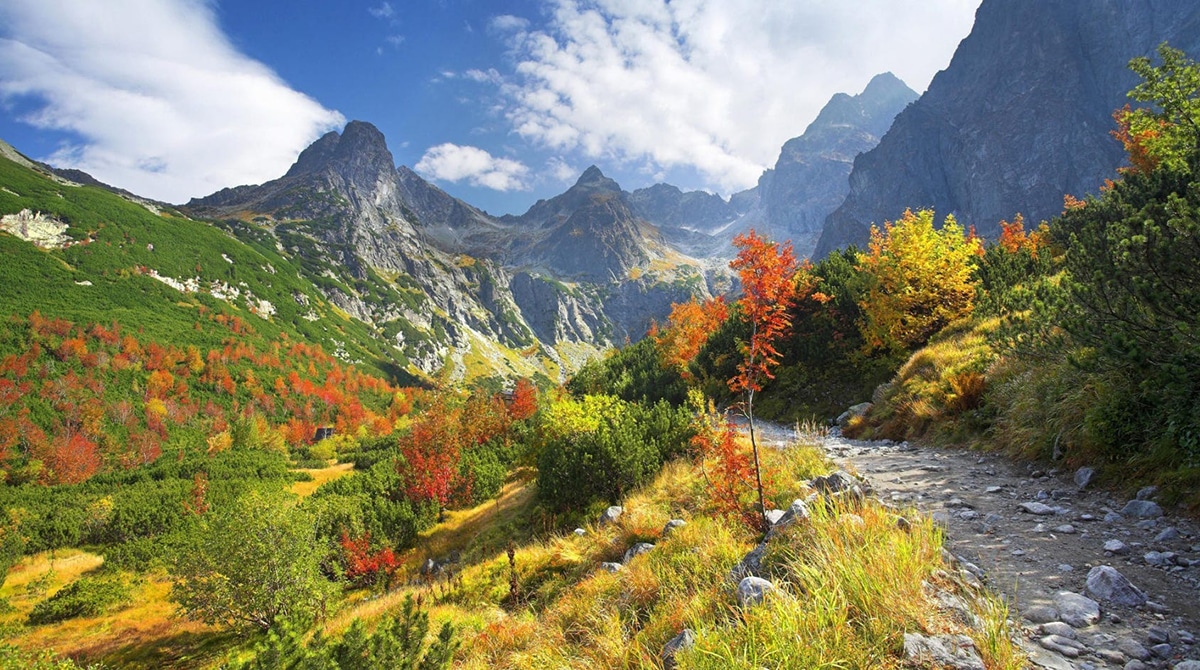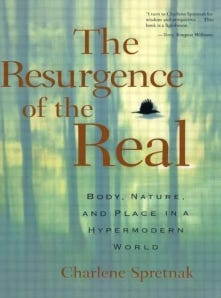Subscribe to Zero-Sum Pfear & Loathing



by Paul Cudenec | Nov 5, 2023
There are certain things that, even though they very much exist, cannot readily be described in the language available to us.
Our attempts to do so therefore risk coming across as contradictory or even nonsensical.
As Huston Smith puts it in his book Forgotten Truth: “It is as though, unable to say green, we are forced to say that a leaf is both yellow and blue while being neither”.*
While Smith was talking about metaphysical concepts, it strikes me that the same applies on the level of political thought.
I have, for instance, always found it impossible to describe my own political position in terms of a flat “left-right” scale.
I could, following Smith’s formula, say that my stance is both left and right while being neither.
I would rather insist that I don’t recognise the validity of the left-right dichotomy at all and refuse to allow these labels to be attached even to parts of my outlook.
But I would still have got no further in describing, in positive terms, what it is that I believe.
After all, the very same words could be used by somebody who cuts across the phoney left-right divide in a very different, even completely opposite way to me – someone, for instance, who wants to combine elements of fascism and communism to help forge an authoritarian global industrial empire!
For 30 years now, I have been using the word “anarchism” to describe what it is that I believe, while all the time being aware that my understanding of the term is not necessarily shared by others, inside or outside that ideological umbrella.
Over the last decade I have felt the need to specify that my version is “real anarchism” and a lot of what I have written has been an attempt to promote that concept.
But at the same time I have increasingly felt that what I am trying to describe is really even broader, and deeper, than that.
I tried to get this across in The Withway and also through the organic radicals project, which I was happily able to prepare before the launch of the global Blitzkrieg in 2020, which rather distracted my attention!
This has not just been about presenting a certain point of view, a certain interpretation of the world and a certain vision of the future, but also very consciously about identifying a tradition or current of thought that has been rendered almost invisible in contemporary society.
This current is real in itself, independently of the label I have somewhat randomly given it and of the inevitably limited scope of my efforts to describe it.
In fact, this is the point of the organic radical initiative: to assert that this way of thinking exists and is both coherent and legitimate, that it is a possible point of view to hold.

W.D. James is currently doing excellent work in describing this tendency with his own terms and references, in his series of essays on “egalitarian anti-modernism”.
I don’t think it is by chance that we lack the political language to describe the position in question.
In order to manufacture sustainable consent for its vile 21st century prison-society, the system has to present it as the only possible reality.
It has therefore built a very narrow and inward-looking framework of thinking which regards anything not based on its own self-validating assumptions as being insane, criminal or simply impossible.
This box, as I picture it, has been getting smaller and smaller over recent years and the rate at which it is doing so has been accelerating.
We have now reached the point where the system condemns you as being a purveyor of “hate”, as having passed beyond the pale of possible legitimate opinion, for recognising the existence of real women or for calling for an end to the massacre of thousands of civilians.
But the process itself is not new. For instance, it has long been considered impossible to challenge the very existence and legitimacy of the State and its authority: the only possible debate being regarded as who should wield power over us and how they should best do so.
And we are never supposed to challenge the wisdom and long-term feasibility of the “inevitable” advance of Progress, economic growth and industrial development: the thought-box only allows us to discuss the means by which all this should be managed.
For the last half-century or so it has also been declared out of bounds to analyse and expose the secretive machinations and manipulations of power – so called “conspiracy theory”.

The only language we are offered to describe those who transgress in any of these ways – let alone in all of them! – is that of ridicule or demonisation.
If you defend truth, freedom and life, you risk being described as an “extremist”, a “reactionary”, a “nutter” or even a “terrorist”.
More likely, perhaps, is that you will be totally ignored, or that you will be summarily lumped in with others who don’t share your views, so as to contaminate your outlook.
But the most important thing from the system’s point of view is that you cannot be seen to be representing a coherent point of view that, in its own language, does not even exist.
The reason why this position cannot be officially recognised is, I think, because it is one that would be very widely held, if people were able to free themselves from the effects of propaganda.
Of course people don’t want to be treated as “human capital” by corporate slavemasters and locked down in smart concentration camps.

Of course they don’t want to be lied to and cheated throughout their lives, so that a tiny gang of crooks can ramp up their wealth and control.
Of course they don’t want their children and grandchildren to be butchered or raped by sociopaths who take a demonic delight in abuse, torture, death and destruction.
Of course they would rather see a world free from tyranny, where the rivers and seas weren’t polluted, the land not desecrated, where they could dwell peacefully and happily in their own communities, enjoying together the precious gift of being alive.
The forbidden point of view that the system tries so hard to hide is, at its core, nothing less than common sense, the natural inclination of humankind.
In its political form, it also involves an understanding of the way in which this common sense is being deliberately stifled and of the importance of awakening it, of allowing it to thrive, to inspire us, to guide us out of this stinking and toxic industrial-totalitarian swamp into the fresh green foothills of a decent future.
Just because this idea, this yearning, can never be expressed in the language of the system, doesn’t mean that it isn’t always alive in our hearts.

* Huston Smith, Forgotten Truth: The Common Vision of the World’s Religions (San Francisco: HarperCollins, 1992), p. 109.